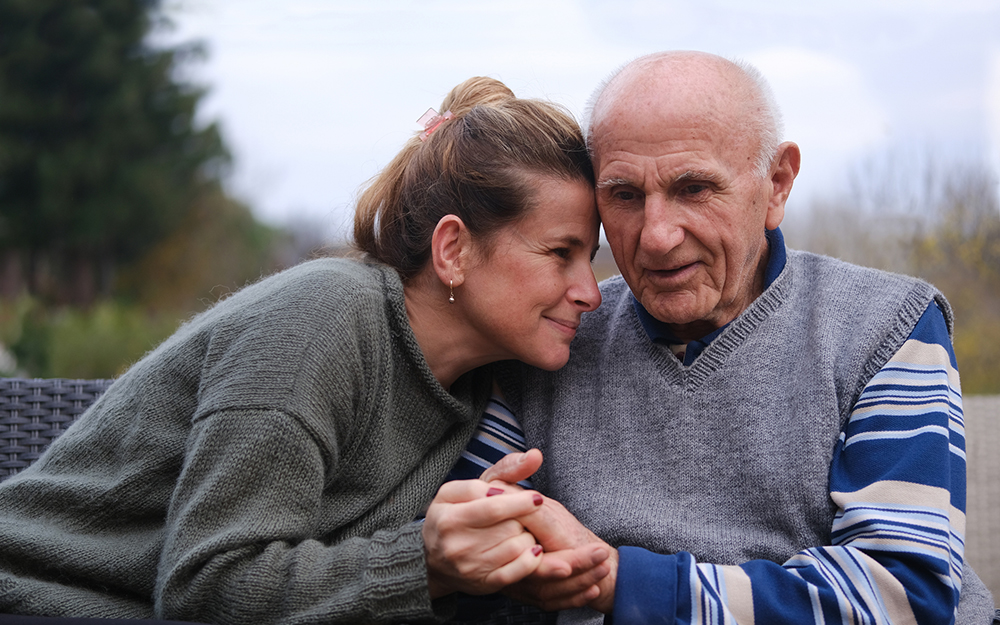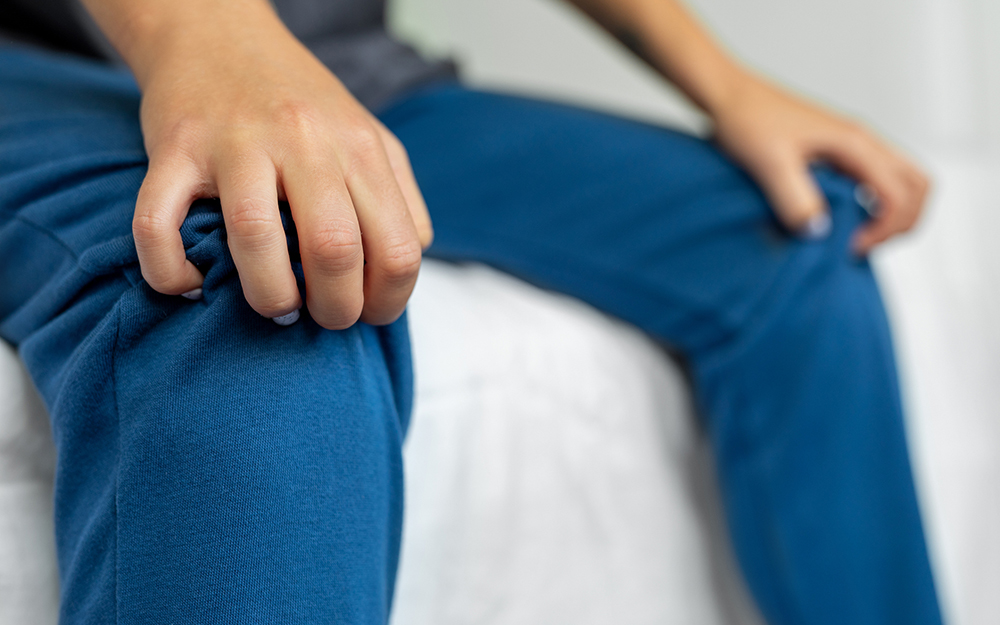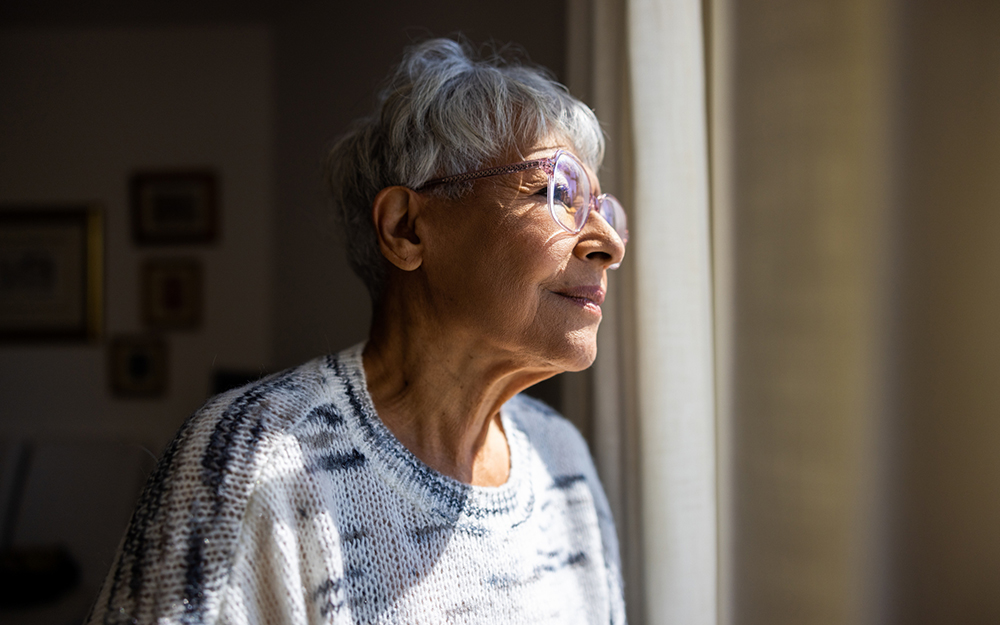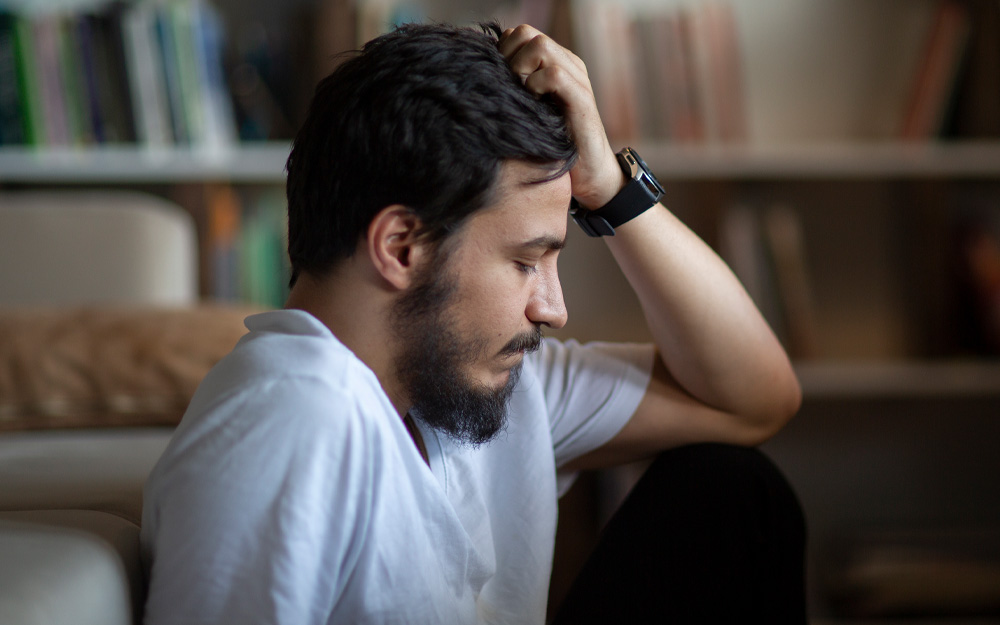3 Questions With ALS Clinic Occupational Therapist Princess Albania
Date
May 23, 2022
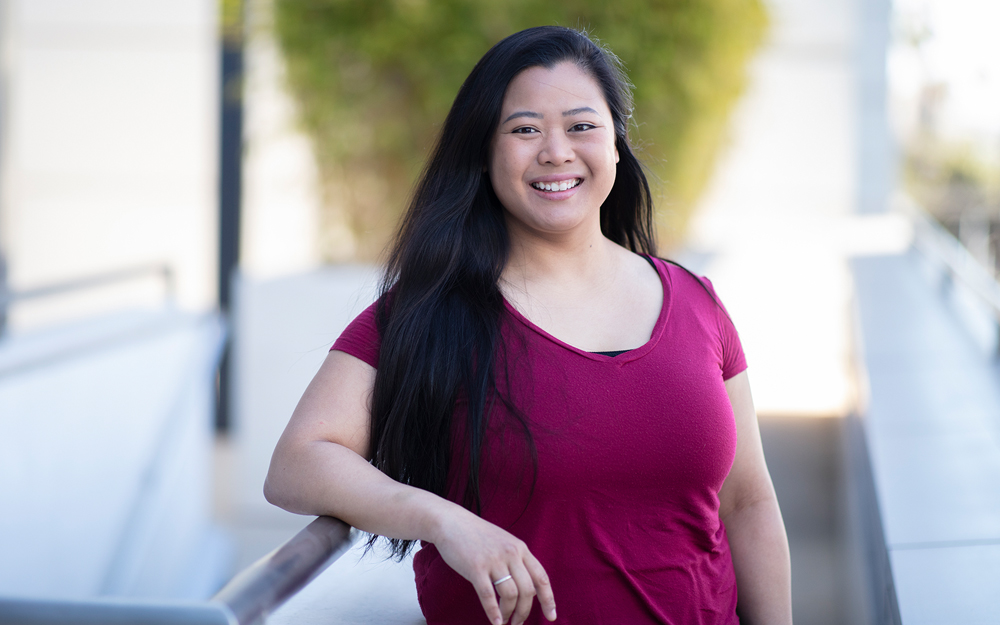
Date
May 23, 2022
Credits
Medical providers featured in this article
In Brief
{{cta-block}}
Princess Albania is an occupational therapist at Cedars-Sinai's ALS Clinic, where she and other therapists, doctors and clinicians care for people with the neurodegenerative disease. Princess works with patients who have amyotrophic lateral sclerosis (ALS) and their families to brainstorm ways to help the patients participate in everyday routines.
"Despite this terrible diagnosis, for as long as patients are with us, we try to honor whatever goals they have and do our best to achieve them," she says.
Here, Princess shares the importance of teamwork with patients and colleagues as well as the most meaningful moment in her job so far.
"Our team relies on each other to help patients meet their specific goals. As an occupational therapist, I help patients maintain as much independence in their everyday activities as possible."
What is your main role at the ALS Clinic?
Princess Albania: Our team relies on each other to help patients meet their specific goals. As an occupational therapist, I help patients maintain as much independence in their everyday activities as possible.
Daily activities like feeding themselves or using the bathroom become difficult throughout the progression of ALS as patients become weak or develop other deficits. Together, we problem solve so patients feel empowered that they're still in charge of their lives.
Sometimes all it takes are splints to wear on their hands to prevent contractures, or stretches or exercises to help maintain strength, coordination and range of motion for as long as possible. Helping someone make a light modification in their everyday life that makes a certain activity possible is one of my favorite parts of the job.
What are other elements of people's lives you help maintain?
PA: People with ALS often have a hard time getting out of the house, so they opt out of meeting up with friends and family—and of course, the pandemic doesn't help, either. So social media and computer and phone access are important for them.
I'm certified as an advanced technology professional: I help people with ALS maintain the ability to type, text and use Facebook, which are really important for maintaining social connections. I teach people to use voice activation, adaptative switches and all the voice-activated smart devices for the home.
For patients who don’t have the use of their voice, we can figure out adaptive equipment they can use so they can type a little more effectively. All of this can help them maintain emotional connections with friends and family when they can't see each other in person.
Tell us about a meaningful accomplishment in your career
PA: Patients come into the clinic every three months, but I interact with them a lot in between their visits. We get very close and develop great relationships. Recently, one of our patients had a goal of flying to another country to say goodbye to his parent.
One of the smaller airlines he had to take to get to his parent's home would not allow him to fly with his power wheelchair. I worked with the airline for weeks before they finally agreed to accommodate his wheelchair on the flight, and he was able to make the trip.
He died shortly after. Helping him see his parent one last time was one of the greatest honors of my job so far.
